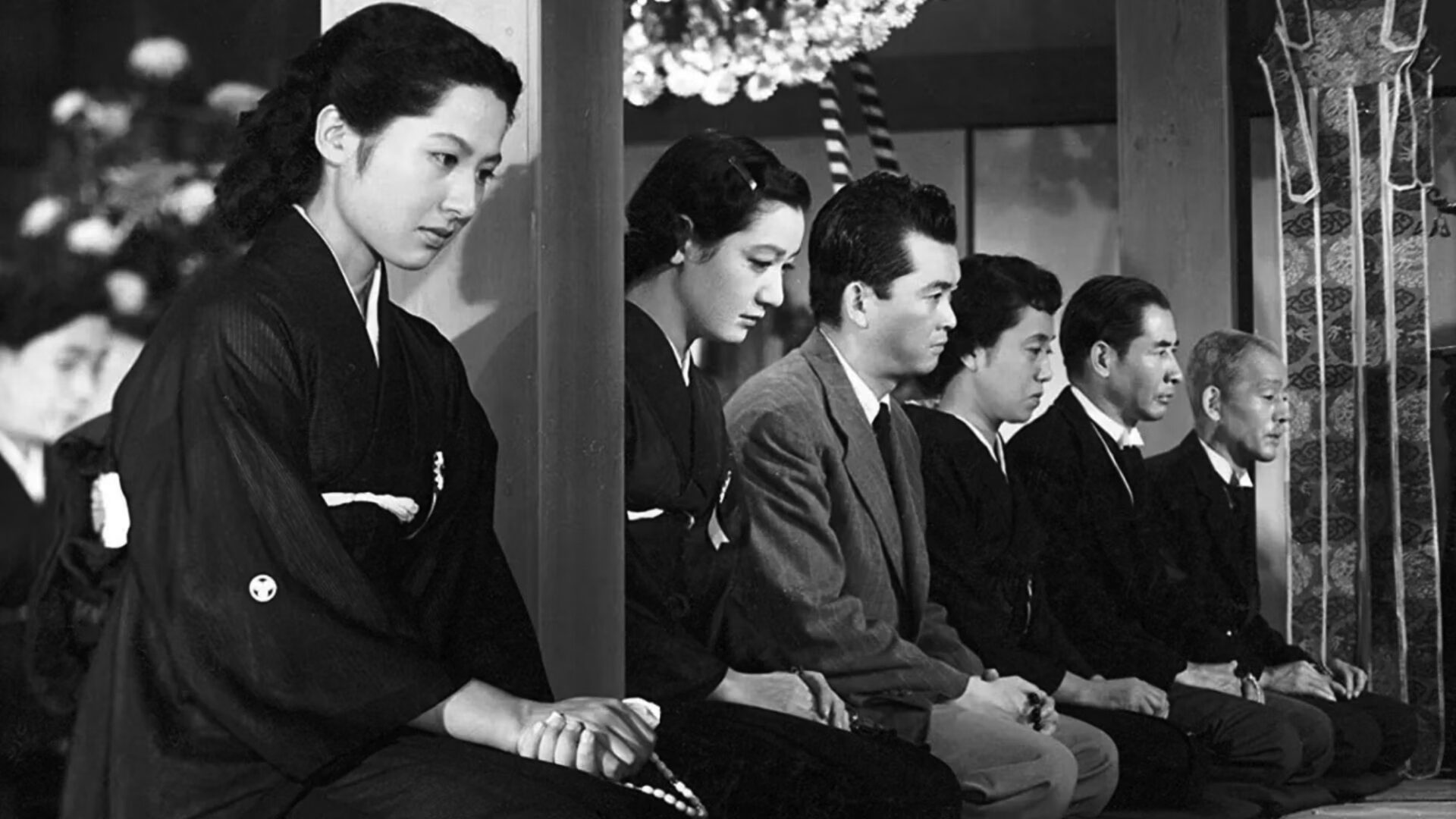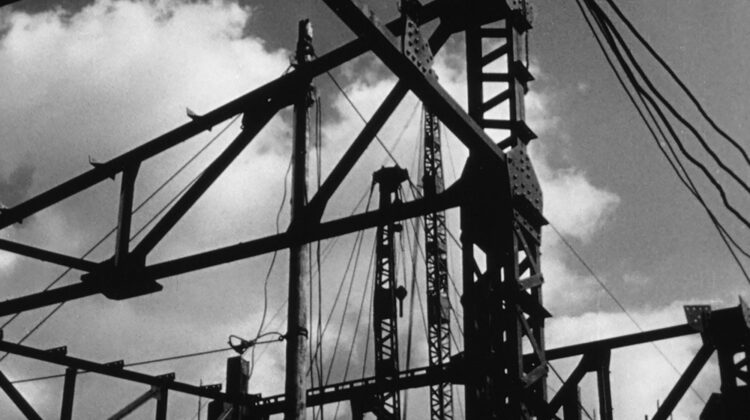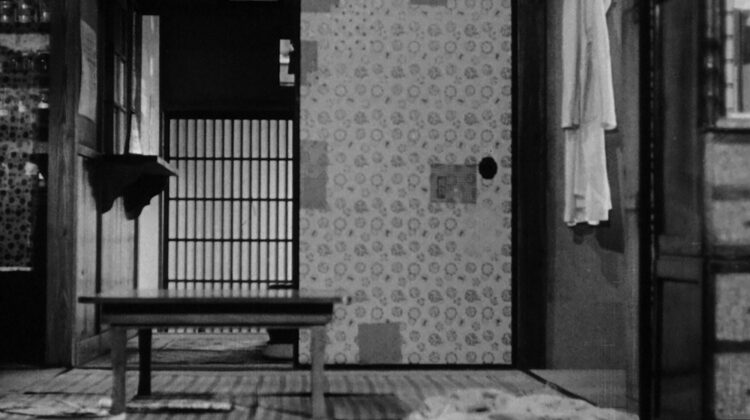Ozu 121
- Tokyo Story
- 東京物語
- Japan1953
- Ozu Yasujiro
- 137 DCP
- PG
- Ozu 121
Screening Dates
- December 15, 2024 6:00
- December 26, 2024 6:00
- December 30, 2024 3:00
- January 13, 2025 8:20
“One of the cinema’s most profound and moving studies of married love, aging, and the relations between parents and children. It is flawless and rewards numerous viewings.”
Philip French, The Observer
Encore screening added!
“One of the manifest miracles of the cinema” (Penelope Gilliatt, The New Yorker), Tokyo Story is usually cited as Ozu’s supreme masterpiece, and is widely considered one of the greatest films ever made. (In the most recent edition of Sight and Sound’s decennial poll, it ranked fourth.) A melancholic tale of generational conflict, told in the consummate Ozu style, the film concerns an aging couple (Ryu Chishu and Higashiyama Chieko) who journey to Tokyo to visit their married son and daughter, only to find that their presence seems to be an imposition on their rather insensitive and apparently too-busy offspring. Hara Setsuko is the couple’s widowed daughter-in-law, the sole family member devoting time and attention to them. Much has been made of the film’s expression of mono no aware—a Japanese idiom signifying a sad but serene resignation to life as it is—but critic Hasumi Shiguéhiko rejects this Western-espoused reading, arguing that it undermines the transformative tensions in Ozu’s cinema.
In Japanese with English subtitles
“One of the great achievements in cinematic history … But such talk risks pinning behind glass a work of art that still has the power to astonish, disrupt, and shatter hearts.”
Eric Hynes, The Village Voice
“Ozu’s vision … is emotionally overwhelming, and arguably profound for any engaged viewer; it is also formally unmatched in Western popular cinema.”
Tony Rayns, Time Out


